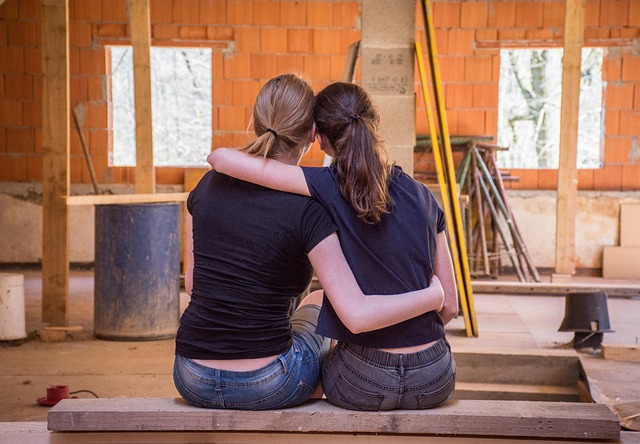
Understanding Emotional Empathy: Relationship Advice for Connecting on a Deeper Level
Emotional empathy is a profound ability to feel and understand the emotions of others as if they were your own. In the realm of relationships, this intrinsic skill can illuminate the path to deeper connections and more fulfilling interactions. When we engage in emotional empathy, we create a safe space where our partners feel seen, heard, and valued. This transformative power is pivotal for nurturing healthy bonds.
To cultivate emotional empathy, begin by actively listening to your partner. Often, we rush to provide solutions or share our own experiences, but the essence of true empathy lies in simply being present. Try to focus entirely on what your partner is expressing. This means putting away distractions, making eye contact, and reflecting back on what they say. For instance, if your partner shares a tough day at work, resist the urge to jump in with your own stories. Instead, acknowledge their feelings with phrases like, “That sounds really challenging,” or “I can see how that would upset you.” This response not only validates their emotions but also fosters trust and openness.
Another vital aspect of emotional empathy is the willingness to share vulnerabilities. Allowing your partner to see your own feelings creates reciprocity, encouraging them to express themselves more openly. This exchange deepens emotional intimacy, as both of you learn to navigate the complexities of your emotional landscapes together. Remember that vulnerability doesn’t mean oversharing or laying all burdens on your partner; rather, it’s about striking a balance where both individuals can share their feelings without fear of judgment.
Understanding non-verbal cues is also essential in practicing emotional empathy. Body language, facial expressions, and tone of voice convey emotions just as strongly as words. Pay attention to these signals—if your partner seems withdrawn or upset, even if they say otherwise, it’s a cue to explore deeper. Ask open-ended questions to encourage them to dive into their emotions. For example, “What’s really going on for you right now?” can prompt a more meaningful dialogue than a simple “Are you okay?”
It’s important to practice patience with yourself and your partner as you both learn and grow in this area. Emotional empathy is not something most people master overnight. There will be times when you feel overwhelmed by your partner’s emotions or struggle to fully understand their experiences. In those moments, it’s okay to express your own needs gently. You might say, “I want to support you, but I’m feeling a bit lost. Can you help me understand what you need from me right now?” This not only reflects your emotional awareness but also invites collaboration in navigating the relationship’s emotional landscape.
Lastly, be mindful of boundaries. Emotional empathy doesn’t mean absorbing your partner’s emotions; instead, it’s about understanding and supporting them. Striking the right balance is crucial to ensuring that you both feel nourished rather than drained by the relationship’s emotional exchanges. Self-care is essential; make sure to allocate time for your own emotional recharge, so you can bring your best self to your partner.
Incorporating emotional empathy into your relationship can yield remarkable changes, bridging gaps and solidifying bonds. As you cultivate this essential skill, you’ll likely find that your relationship not only survives but thrives, giving both partners a sense of connection that can weather any storm.


